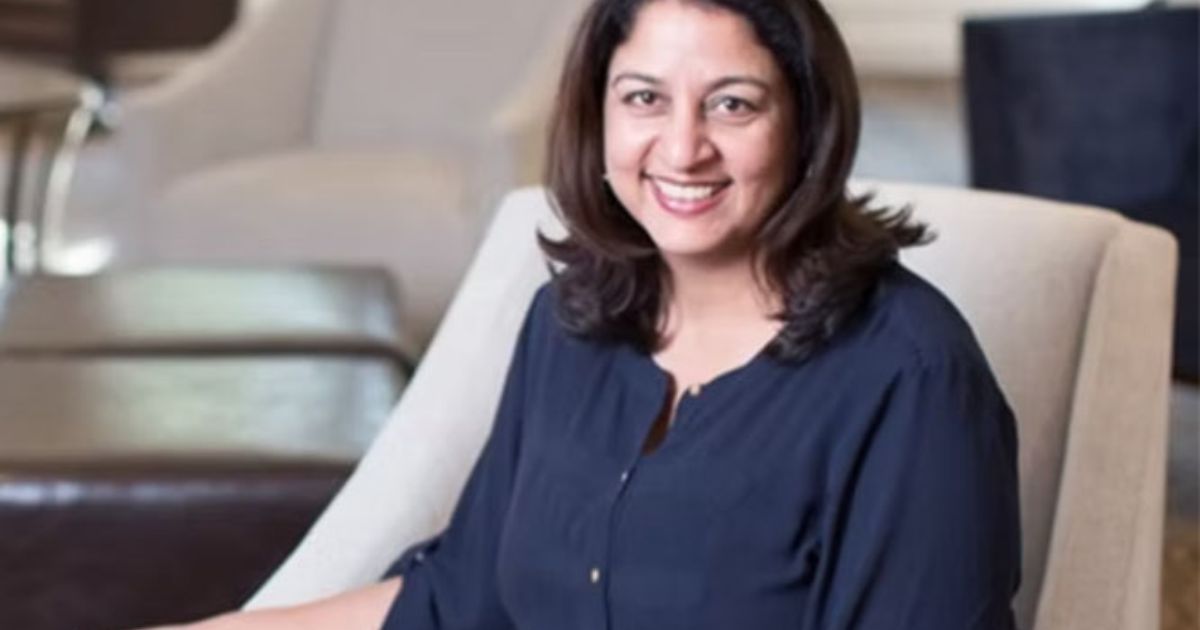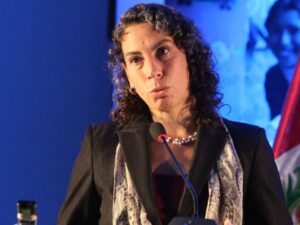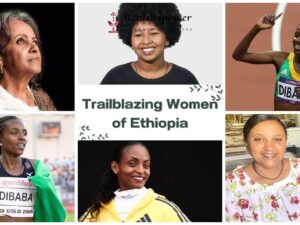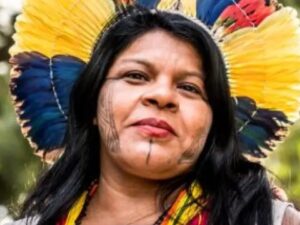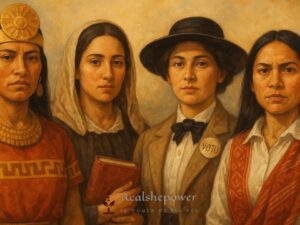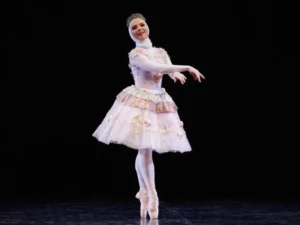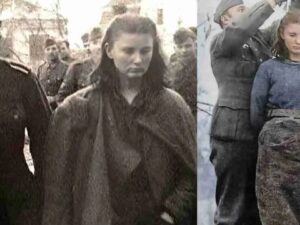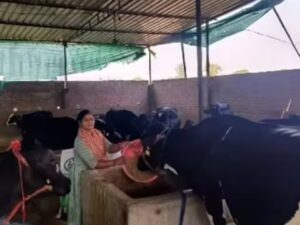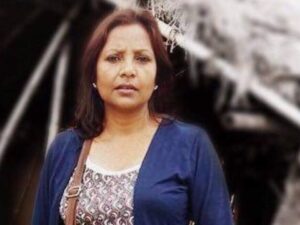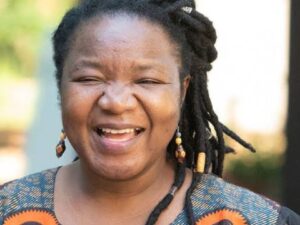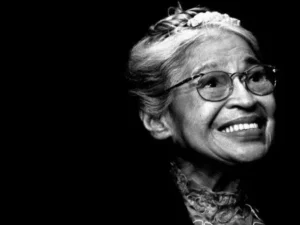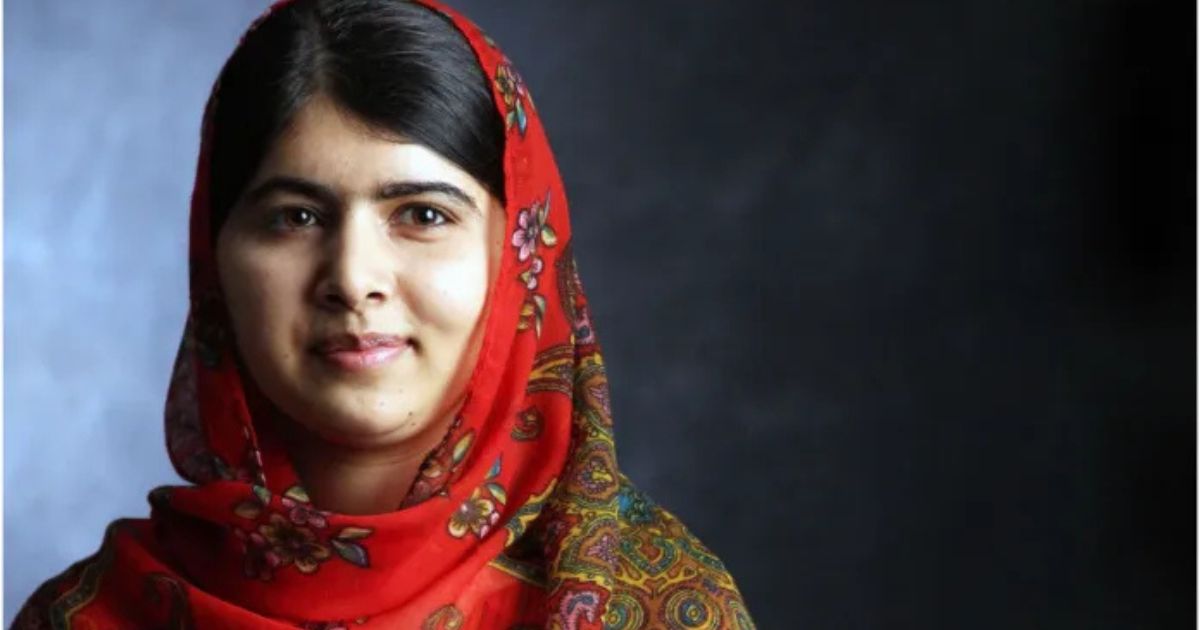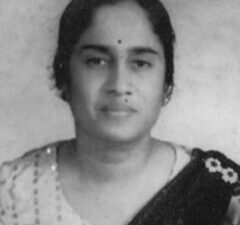In a small, bustling corner of Delhi, where the air hummed with the chatter of neighbors and the clatter of daily life, a girl named Safina was born into a world that didn’t quite know what to make of her. It was the late 1960s, and her parents, Usha and Yusuf Hussain, were a rare kind of love story. Usha, with her roots in a family of Tiwaris, Tripathis, and Trivedis, and Yusuf, from a lineage of Hasans, Hussains, and Jafris, had dared to cross the rigid lines of religion and tradition to build a life together. Their love was a quiet rebellion, sealed in a modest Janta flat far from the disapproval of their families. But love, as fierce as it was, couldn’t shield them from the world’s judgment—or their daughter, Safina, from the weight of it.
Growing up, Safina felt the sting of whispers. Neighbors pointed, relatives murmured, and the world seemed to remind her daily that she didn’t quite belong. Her parents’ marriage, a union of Hindu and Muslim hearts, was a scandal in a society that clung tightly to its divisions. The tension seeped into their home, fraying the bond between Usha and Yusuf until it snapped. By the time Safina was a teenager, her parents had parted ways, leaving her caught in the crossfire of their broken dreams. School became her refuge, but even that was snatched away after her 12th grade. Circumstances—poverty, judgment, and a lack of options—forced her to abandon her studies. The world around her had a simple solution: “Marry her off,” they said. “What’s left for her now?”
But Safina’s story wasn’t destined to end there. In a moment that felt like a lifeline tossed to a drowning soul, her aunt, Mahe Hasan, stepped in. Mahe saw something in Safina—a spark, a hunger for more—that no one else had noticed. “Give her to me,” Mahe told the family, her voice firm with resolve. And so, at a time when Safina felt the world closing in, her aunt opened a door. They left for London, where Mahe became more than family—she became Safina’s guide, her champion, her angel. With Mahe’s support, Safina enrolled at the prestigious London School of Economics. The girl who had been told she was finished transformed into a woman brimming with confidence, her mind sharpened by knowledge and her heart ignited by possibility.
After graduating, Safina’s ambition carried her across the ocean to Silicon Valley, where she landed a job at a startup. The fast-paced world of tech was exhilarating, but something was missing. The work felt hollow, disconnected from the deeper purpose she craved. One day, a friend mentioned a local nonprofit, and Safina decided to volunteer. It was a small commitment—one day a week—but it changed everything. As she worked with the organization, she began to see the threads of her own life woven into the struggles of others. The whispers of her childhood, the loss of her education, the weight of society’s expectations—they all pointed her toward a truth: education wasn’t just a privilege; it was a lifeline, a way to rewrite a story.
By 1998, Safina had left the startup world behind to join Child Family Health International, a San Francisco-based nonprofit, where she rose to the role of executive director and CEO. For six years, she poured her heart into the work, but a question kept tugging at her soul: What about the girls like me? The ones who were told their dreams were too big, their futures too small? The ones who were left behind? That question became a storm inside her, urging her to return to India, to the land where her own story had begun.
In 2005, Safina landed in Mumbai, a city pulsing with life and possibility. Her father, Yusuf, had by then carved a name for himself in Bollywood, but Safina’s mission was far from the glamour of the silver screen. She approached government officials with a single question: “Where can I make the biggest difference for girls’ education?” They handed her a list of 26 districts with the widest gender gaps in education. Nine of them were in Rajasthan, a state where tradition often held girls back from school. Safina knew this was where she needed to be.
In 2007, she founded Educate Girls, a nonprofit with a bold mission: to bring education to the daughters of India’s most marginalized communities. But Safina was no outsider storming in with solutions. She understood that change had to come from within. In the dusty villages of Rajasthan’s Pali district, she began by building trust. She formed Team Balika, groups of local young men and women who spoke the language of their communities, who knew the families, the customs, the fears. These change makers went door to door, not preaching but listening, not demanding but inviting. They sat with parents, shared stories, and slowly, patiently, began to shift minds. With the support of state governments, Educate Girls reconnected daughters to classrooms, one village at a time.
The work wasn’t easy. In tribal areas, where girls were often married off young or kept home to work, resistance was fierce. But Safina’s vision was unyielding. She saw every girl as a potential change maker, a spark that could light up her family, her village, her world. Over the years, her organization grew, spreading to 29,000 villages across Rajasthan, Bihar, Uttar Pradesh, and Madhya Pradesh. With 3,000 staff members and 18,000 volunteers, Educate Girls became a movement, a tidal wave of hope that lifted 20 lakh girls—two million daughters—back into schools over 18 years. Each one was a story rewritten, a future reclaimed.
The world began to take notice. The World Bank had long declared that investing in girls’ education was the best bet for any nation, directly impacting nine of the 17 Sustainable Development Goals set by global leaders. Safina’s work was proof of that truth. She wasn’t just educating girls; she was empowering communities, breaking cycles of poverty, and building a better future. Her organization’s impact was undeniable, and in a moment that felt like destiny, Educate Girls was honored with the prestigious Ramon Magsaysay Award. For Safina, it was more than recognition—it was a testament to the power of education, the resilience of girls, and the courage of change makers who refused to let the world stay as it was.
As Safina Hussain stood on the global stage, she thought back to the little girl in Delhi, the one who had faced whispers and doubts, the one who had almost lost her way. That girl had become a change maker, not just for herself but for millions of others. Her story was a reminder: when you educate a daughter, you don’t just change her life. You give her the wings to soar, the power to transform, and the courage to make the world better for everyone.
Safina’s journey is far from over. Every day, her organization reaches new villages, new families, new dreams. And with every girl who steps into a classroom, the world shifts a little closer to what it could be—a place where every daughter knows her worth, where every change maker’s voice is heard, and where no one is left behind.
